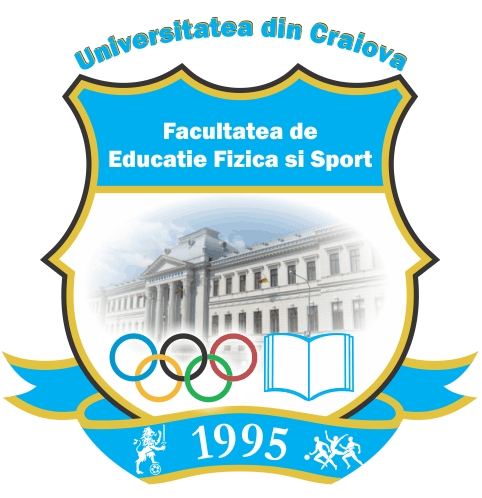MASTER DEGREE
The "Extracurricular and Curricular Motric Activities" master's program provides advanced training in the field of physical education and sport, with an emphasis on the development of skills necessary for the organization and implementation of motor activities in both educational and recreational settings.
The study plans aim to further the professional training of graduates with a degree in Physical Education and Sport in the direction of training the skills necessary for teaching physical education at the secondary school level and in higher education, organizing and implementing extracurricular sports activities and lifelong education for their practice.
The program's curriculum includes theoretical and practical subjects aimed at deepening knowledge in the field of physical education and sport as well as health. Among the subjects studied are: Motor Learning in Physical Education, Physiology of Effort, Management of Organization and Instruction in Motor Activities, Communication and Integration in Physical Education, Personal Development through Dynamic Games.
With this program, master students develop theoretical and practical competences essential to contribute to the promotion of an active and healthy lifestyle in various educational and professional environments.
Courses list:
The master's program "PERFORMANCE IN SPORT" is designed to develop advanced competencies in high-performance sports, targeting those interested in training and managing athletes at the junior, senior, and elite levels.
The courses included in the curriculum aim to enhance students' skills by integrating the latest scientific and methodological advancements in the field, both from a practical application perspective and through research findings disseminated by experts. In this context, the program seeks to provide students with advanced training, preparing them for further academic development through doctoral studies.
The course content is structured to facilitate an in-depth understanding of essential knowledge for optimizing the sports training process. It covers aspects related to all factors involved in training, from achieving and maintaining peak physical condition, reaching and sustaining high performance, to competition preparation and post-effort recovery strategies.
Throughout this master's program, students explore techniques for monitoring and evaluating the training process to enhance performance, the legal framework regulating sports activities, short- and long-term training and competition planning, effective communication skills in a sports context, recovery strategies after intense physical exertion, team dynamics and sports psychology, as well as mental training techniques to improve athletic performance.
Courses list:
The Master's program "KINETOTHERAPY IN NEUROMOTOR REEDUCATION" is a program we propose over four semesters. It includes general concepts related to the anatomical, physiological, and pathological foundations of neuromotor rehabilitation, as well as concepts regarding the clinical and functional approach to patients based on age. Master`s program comprises courses, seminars, and practical work hours that cover topics related to the adjunctive means of rehabilitation therapy, such as massage, special massage techniques, orthotics, physical therapy, psychotherapy, and emergency therapy.
The themes proposed in this postgraduate training program aim to consolidate the theoretical and practical knowledge that graduates of physiotherapy have acquired during their studies, providing them with the opportunity to learn new recovery techniques and methods.
The course includes a significant number of practical work hours that will take place in specialized units, where students will have the opportunity to work with concrete cases, evaluate patients, and then establish the kinetic recovery program to be applied while monitoring the patients' progress.
We consider this course useful due to the increasing necessity for rehabilitative intervention in neurological diseases and the complex pathology of the locomotor system, as it is well-known that these conditions leave significant physical and functional sequelae, which require accurate assessment and a correct therapeutic approach to patients, aiming to reduce the social impact of these sequelae and their associated costs. Knowledge and application of scientifically-based rehabilitation programs in the neuromotor field are absolutely essential for achieving beneficial effects related to neuromotor reeducation.
Courses list:


 Faculty of Physical Education and Sport
Faculty of Physical Education and Sport